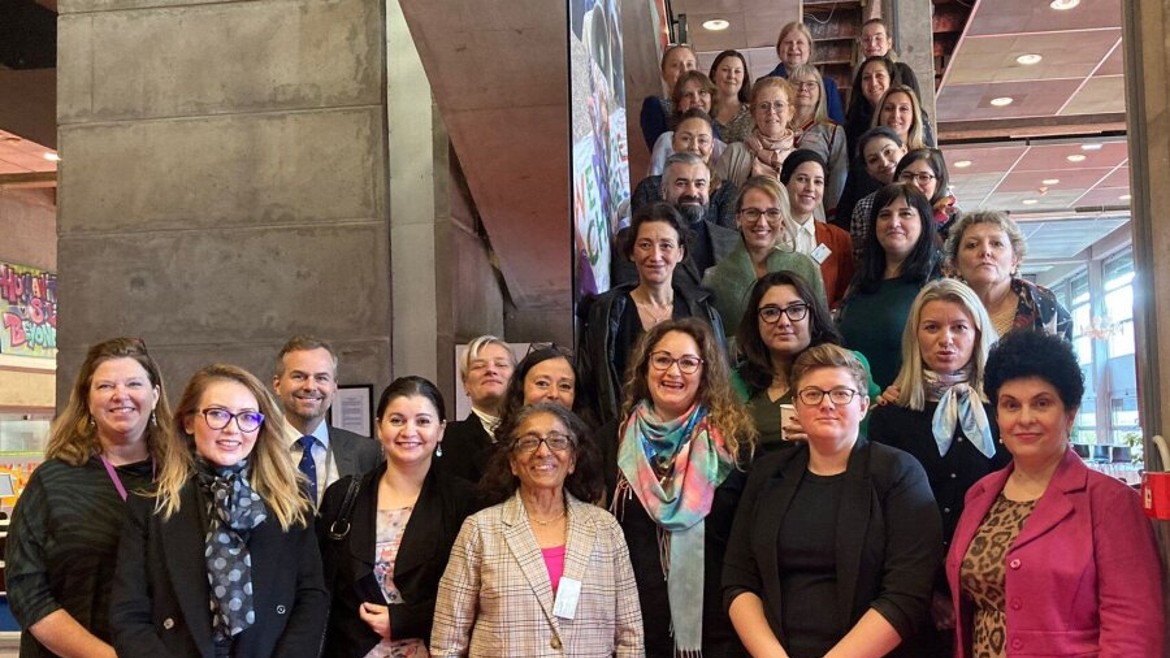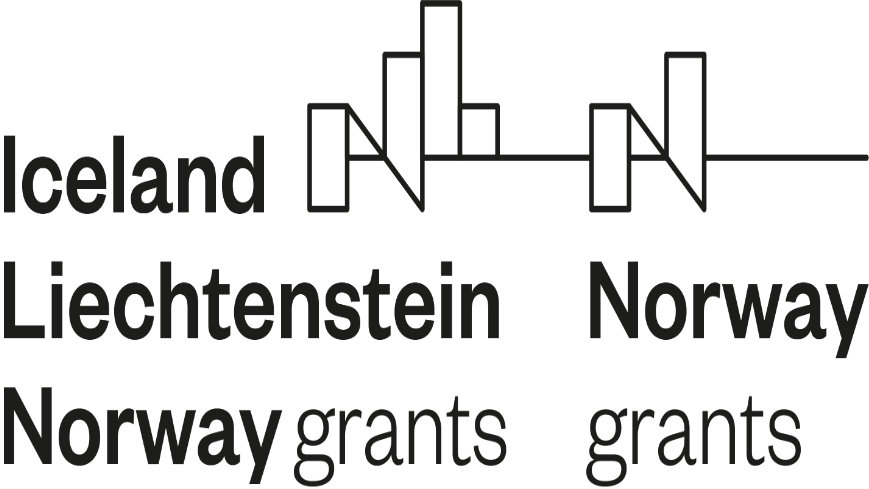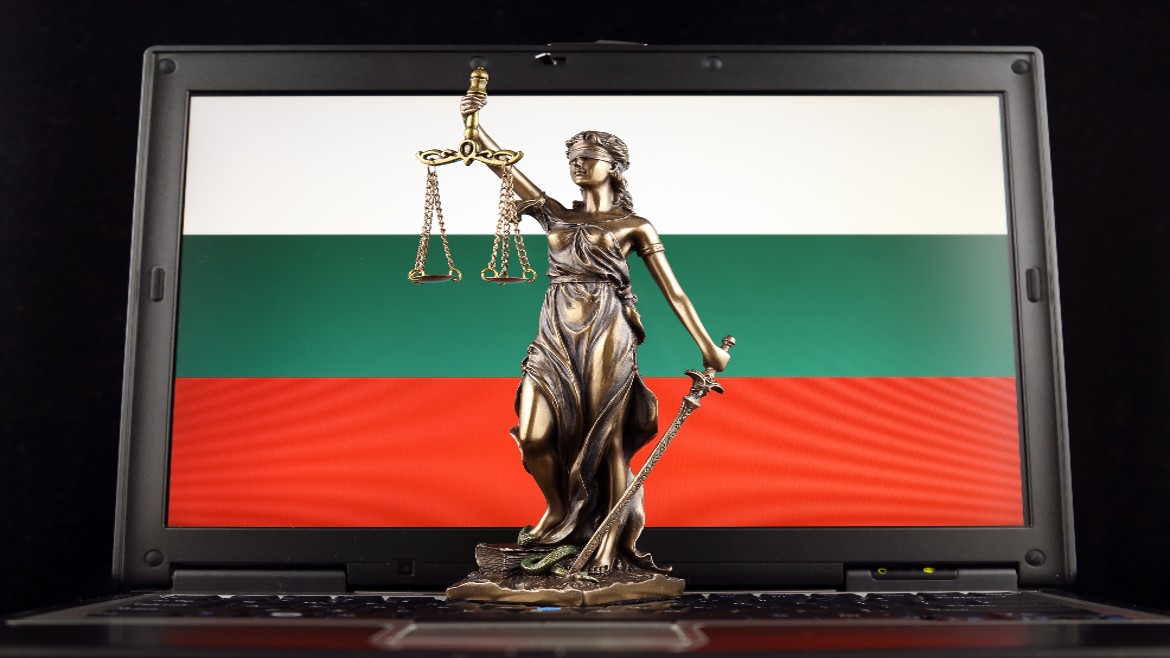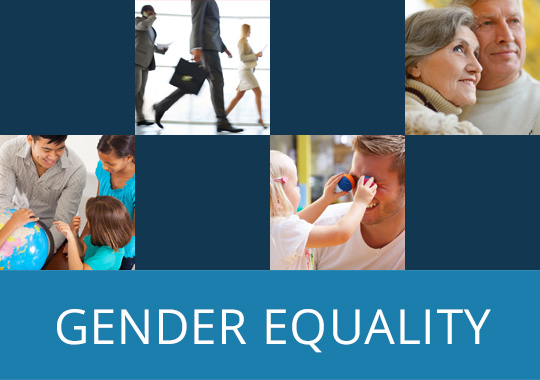A working group from Bulgaria developing a case-management guide for Bulgarian magistrates joined women's rights specialists and professionals from the Council of Europe for an online study visit on 21 October 2021. Members of the working group participated in engaged discussions with Council of Europe professionals from the European Court of Human Rights (ECtHR), the Gender Equality Division, the Children’s Rights Division and the Violence against Women Division. Participants were also supported by the international expert Lori Mann, who presented what participants called “practical and useful advice” on the development of guidance for magistrates, based on European gender based violence standards including the Istanbul Convention.
Several cases from the Court on violence against women were presented and discussed with participants, analysing precedent set with ECtHR case-law. Study visit participants further discussed child-friendly justice practices, and the most common mistakes made by Bulgarian legal practitioners when it comes to violence against women and domestic violence. Promising practices emerging from reports by the Group of Experts on Action against Violence against Women and Domestic Violence (GREVIO) were extensively discussed, with a focus on investigation, prosecution, procedural law and protective measures.
This working group is tasked to develop a case management guide for Bulgarian judges and prosecutors in 2022, under the project “Prevention and Combating violence against women and domestic violence” by the Bulgarian National Institute of Justice.
The study visit to the Council of Europe took place under the Bulgaria Justice Programme of the EEA and Norway Grants. The Council of Europe cooperates under the EEA/Norway Grants as an International Partner Organisation and is the main international partner of the SYNERGY Network against Gender-based and Domestic Violence.
To download reports and summaries, please see:
- European Court of Human Rights: Legal summaries on domestic violence
- GREVIO secretariat: Midterm Horizontal Review of GREVIO baseline evaluation reports
- Gender Equality Capacity building and cooperation projects: Preventing and Combating Violence against Women and Domestic violence, a training manual for investigators, prosecutors and judges in Armenia




 Bulgaria
Bulgaria Lithuania
Lithuania Romania
Romania Slovakia
Slovakia


